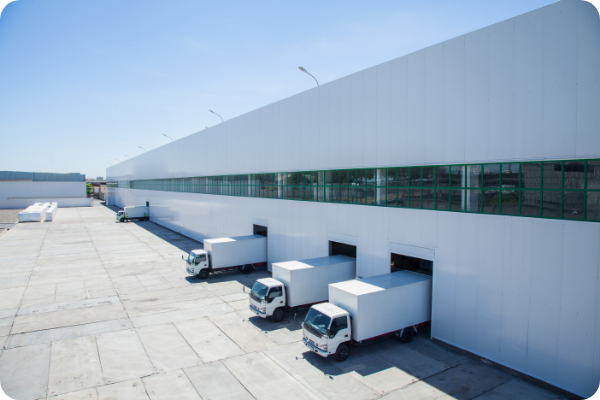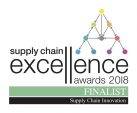Any predictions we make now about what will happen in global supply chains in 2021 can only be our best guess; we are still in a period of rapid change. There is no doubt that supply chains will have to continue to be adaptable and responsive to further economic, financial, and social upheavals. Here are our trends to watch in 2021. None of them stand-alone, each one is impacted by at least one other.
- Disruption of global supply chains will continue
The COVID-19 pandemic is not yet behind us. Although organizations are beginning to recover, they continue to reconsider their options for business survival in the medium-long term. Agility and resilience were the two main watchwords in 2020 and are still very relevant. Supply chain managers must continue to build flexibility into their operations to absorb disruptions as they occur. This is achieved by developing scenarios (from best to worst) and having plans to mitigate each one. In 2021, companies will work with a wider range of suppliers and there will be a shift towards sustainability and a speedier take up of technology solutions.
- e-Commerce and customer expectations

The boom in online shopping has been fuelled by the pandemic but it was already growing before 2020. Consumers are looking for more choice, a slick order process, more payment options, same-day delivery and competitive prices. This development has forced companies to be innovative and create e-commerce solutions that support this trend. This involves streamlining last-mile deliveries and offering click-and-collect and returns facilities. For supply chains, this means securing capacity and building relationships with 3PL logistics and courier companies to handle such demanding customer requirements. Distribution centres and retail stores are likely to have to be adapted and even relocated to be nearer to their customers. It may be that the growth of e-commerce will level off as we return to “normal” behaviour, but it is unlikely to go back to pre-2019 levels.
- Greater take-up of new supply chain technologies
Many companies are enjoying various levels of success through adopting automated solutions across supply chain functions. The main benefit is to improve visibility across the entire supply chain through information sharing and big data management. For example, the Internet of Things (IoT) is being widely used across different industries to improve efficiency and speed up internal processes by using sensors and performing real-time tracking. Artificial intelligence (AI) solutions are being used to manage big data analytics projects which are creating a competitive advantage for early adopters. Companies that are investing in such digitisation projects can fine-tune their operations more quickly to satisfy their customers.
- Sustainability is no longer nice-to-have
Embracing sustainability goals has now become a necessity to ensure business continuity. Companies are realising that environmental, social, and corporate governance (ESG) performance impacts financial results. Organizations that have been monitoring their compliance with broad sustainability goals, without any meaningful commitment to improvement, will be left behind. Supply chains can make a substantial contribution to deliver on corporate ESG goals in many areas including reducing pollution, eliminating waste and contributing to improving the quality of life. Responding to pressure from regulators and compliance bodies without considering the needs of their employees and their customers will not be enough.
- A greater focus on reducing supplier risk
2020 was a wake-up call for supply chain. Risk management has come to the fore within supply chain management because of more vulnerability. A more proactive approach is needed to combat risks that were not such an issue pre-Covid-19. Security of supply is paramount, measures must be put into place to avoid stock-outs, supplier failures, late deliveries, and quality issues. We must protect our networks, devices, people and programs from cyber-attacks. Do you have mitigation plans in place?
No longer a back-room function, supply chain management is front and centre in ensuring continuity of a business. Focusing on risk prevention will enable companies to mitigate adverse events in their supply chain faster than the competition.
- Supplier diversity and expanding sourcing options
Supplier diversity will be a hot topic in 2021. Companies are being put under pressure, or at least encouraged, to buy from non-traditional firms such those that are minority- or women-owned and start-ups. Diversifying also means buying local or near-sourcing to avoid inventory disruptions and to reduce warehousing and transport costs. Outsourcing to specialists is likely to continue to allow companies to focus on their core business and limit their risk while responding more quickly to changes in the market.
But that is not all. We will see more collaboration projects with key supplier partners to drive continuous improvement. Success will come from relationships based on mutually agreed policies, processes, metrics that provide the framework. Technology tools will help with this by providing the required transparency and visibility that builds trust and drives innovation. We will see more integrated end-to-end solutions that pull together procurement, warehousing, logistics and transportation to deliver efficient and risk-free services.
SCCG can support businesses to adapt new strategies for the ever-changing landscape of the supply chain world, which will continue to present new challenges that are both interesting and demanding. Call us on 01926 430 883.














